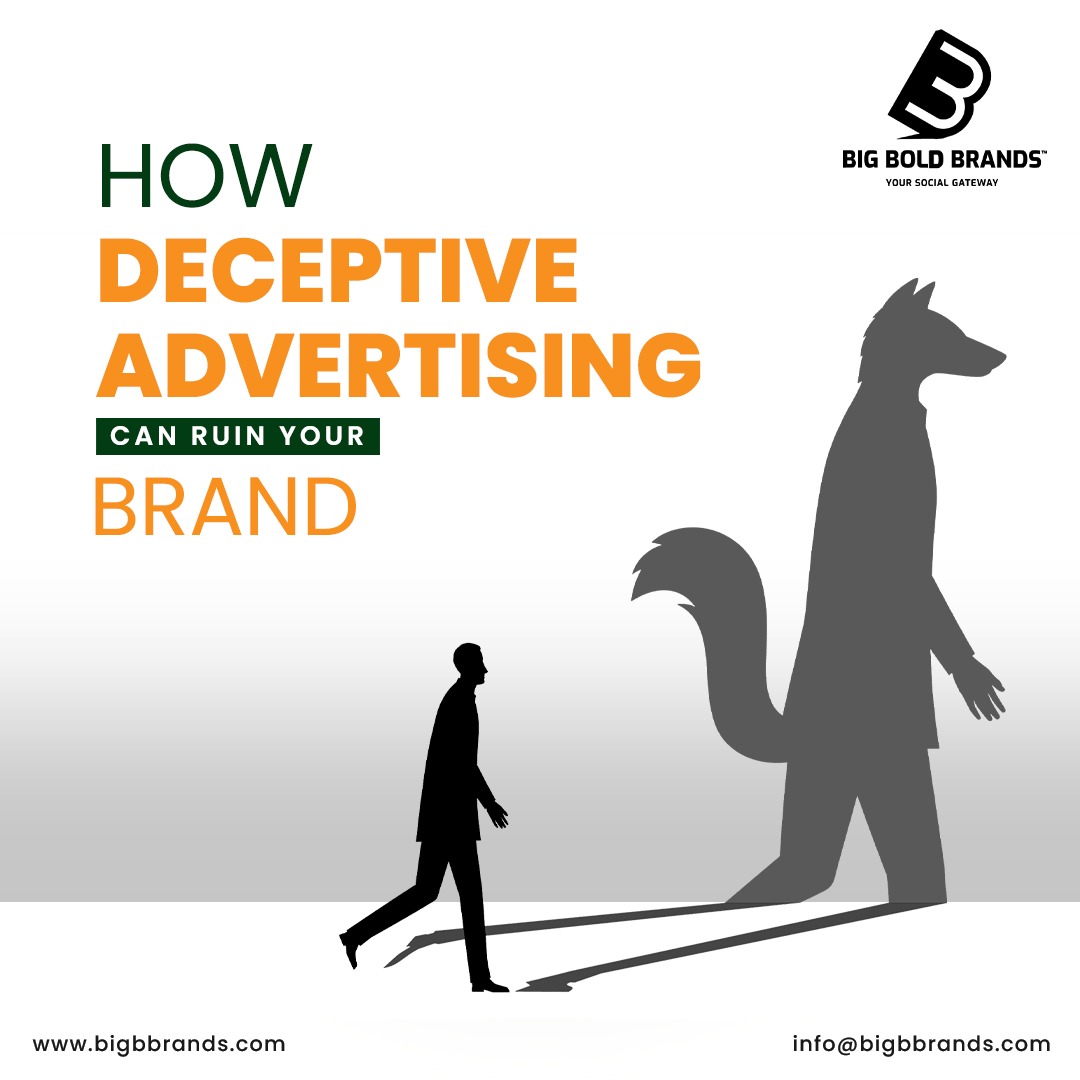
False advertising is often disguised as puffery, deceiving consumers with exaggerated claims. If puffery is employed improperly, your brand could actually suffer.
Puffery is the unnoticeable stretching and exaggeration of facts about a product or service in digital advertising.
When using puffery, it is crucial for brands to use caution. Although it is a valid marketing strategy, going too far with misleading or deceptive advertising can harm a brand's reputation.
Yes, it is.
But,
There are some limitations.
A statement may cross the line into false advertising and may result in legal consequences if it goes beyond exaggerated opinions and begins to make specific factual claims that can be completely evaluated.
It is important for businesses to be informed about the local rules and regulations in order to ensure compliance and stay clear of any potential legal complications.
If you didn't get much idea on puffery maybe the below examples will give you a clear picture.
The common marketing and sales phrases include:
& much more!
The most obvious reasons include:
Trust and credibility is one of the most significant risks associated with puffery advertising. Customers may begin to question the truthfulness of a brand's statements if it repeatedly uses puffery.Customers who are dissatisfied are more inclined to inform others of their bad experiences, whether in person or online. This may further harm the reputation of the company and affect consumers' future purchases. Trust is a fragile commodity that takes time to build but can be easily shattered.
Customers may feel down and frustrated when the real product or service falls short of the lofty claims made in marketing.Negative customer experiences can easily gather a grasp in the era of social media and online reviews and reach a larger audience. A brand may find it difficult to differentiate itself from rivals if its reputation has been harmed. Brands with a good reputation are more likely to be chosen by consumers because they are seen as more trustworthy and reliable.
A brand may be subject to legal consequences and oversight from regulators if it crosses the threshold. Consumers can be misled by incorrect or unsupported statements, which can lead to legal action, penalties, and reputational harm to the business.Media reviews, social media conversations and online articles can highlight a brand's deceptive advertising practices, leading to public scrutiny and loss of consumer trust. In addition to legal ramifications, regulatory scrutiny and negative publicity, brands that engage in flashy advertising can have long-term consequences for their relationships with regulators
While puffery advertising may be effective in grabbing consumers' attention in the short term, the long-term effects can be damaging to a brand's reputation. Relying on overstated claims could result in loss of confidence, bad customer experiences, legal risks, weakened distinction, and decreased market share, among other results. Businesses should put a priority on transparency, honesty, and authenticity in their marketing communications if they want to develop a strong and long-lasting brand reputation. They can increase trust by doing this. Big Bold Brands to get more information about false advertising and how to avoid it.
START A CONVERSATION
Share your requirements and we'll get back to you with how we can help.